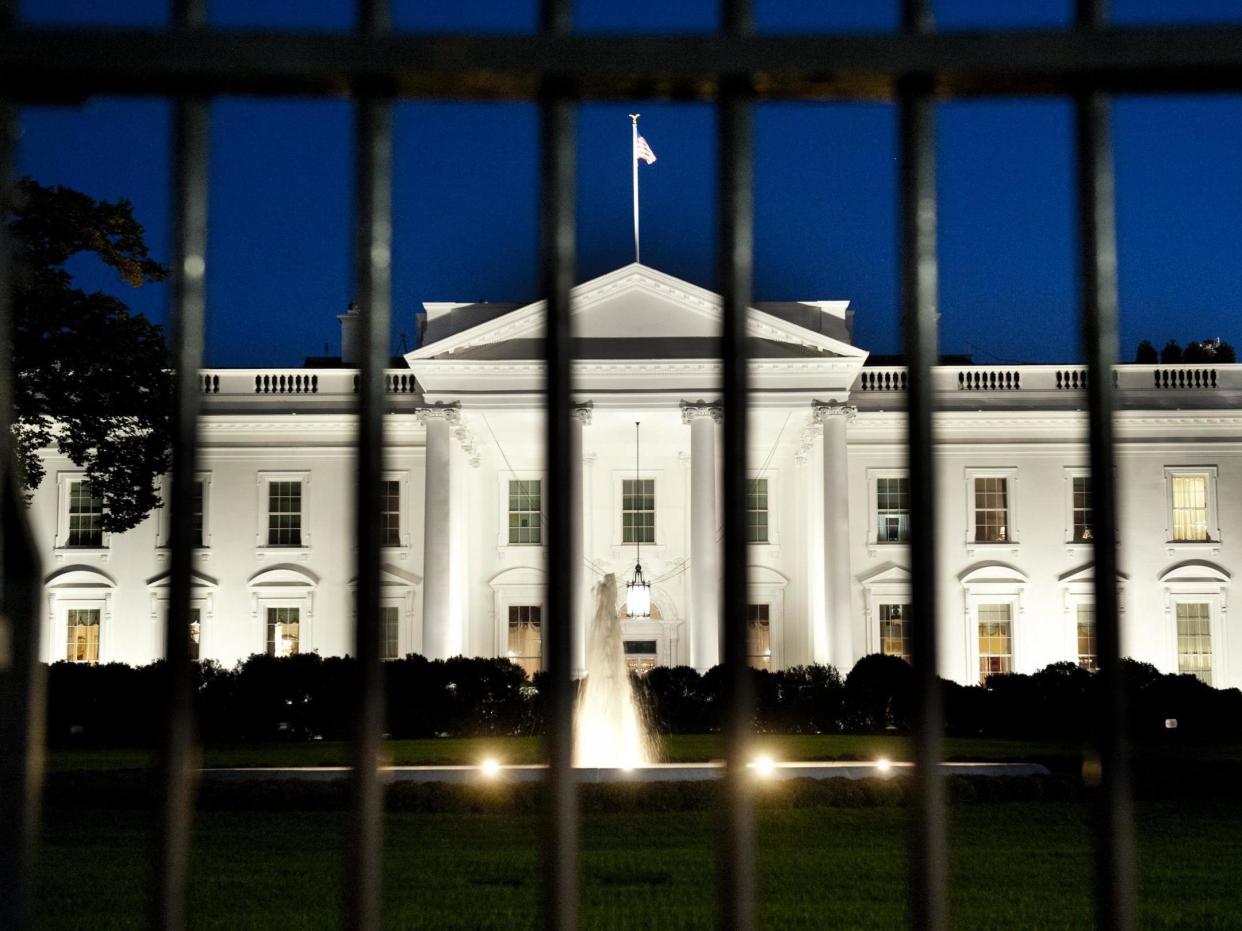Trump impeachment: What does the Constitution say?

This week, the first round of public hearings in the impeachment of Donald Trump will mark the third-ever Congressional proceedings to potentially unseat the president of the US.
At the centre of the proceedings are Mr Trump’s dealings with Ukraine, illustrated in a number of damning witness testimonies that corroborated a whistleblower complaint following a July phone call between Mr Trump and Ukraine President Volodymyr Zelensky, who was apparently pressured to investigate Mr Trump’s political rival Joe Biden in exchange for a meeting and military aid.
On Wednesday, Congress will hear from US diplomat Bill Taylor and State Department official George Kent, and on Friday, Congress will hear from former Ukraine ambassador Marie Yovanovitch, who alleged a conspiracy fuelled by Mr Trump’s attorney Rudy Giuliani to oust her from her position.
Architects of the US Constitution established the concept of removing the president from office, through the authority of Congress, on grounds of “treason, bribery, and high crimes and misdemeanours”.
But definitions of those terms were not explicitly defined within the Constitution, appearing to give Congress a broad ability to interpret and determine impeachable offences.
The president’s supporters have repeatedly argued that the abuses of power at the heart of the impeachment debate don’t constitute the so-called “high crimes and misdemeanours” that the framers had intended.
During the framers’ debates over charges considered grounds for impeachment during the Constitutional Convention in 1787, the authors determined that the phrasing of “treason and bribery” alone was not enough to encompass impeachable offences, and they settled on the inclusion of “high crimes and misdemeanours” to establish a broad definition that supplants ordinary criminality.
Alexander Hamilton, in his Federalist papers, had defined impeachment as a “method of national inquest into the conduct of public men” alleged to have violated the public trust,” adapting a concept introduced to the colonies from England, which established impeachment proceedings as early as the 14th century to hold royal advisers to public account.
Even at the time of the framers’ Constitutional Convention, Parliament was beginning the impeachment proceedings around British governor Warren Hastings, who was eventually acquitted.
The process begins with the House of Representatives. A member of Congress can introduce a resolution, or the House can agree to begin an investigation to determine the grounds for impeachment through an investigative or exploratory process led by the House Judiciary committee.
An impeachment trial can be approved by a simple majority vote.
In the House, roughly 227 Democrats and one independent from the 435-member Congress could be likely to support articles of impeachment.
If Congress votes to support articles of impeachment, or “impeaches”, the president will face the US Senate, which acts as the court for trial in the removal proceedings.
The chief justice of the US Supreme Court presides over that trial. In this case, that’s Chief John Roberts.
A group of Senate representatives called “managers” act as the trial’s prosecutors. A trial consists of evidentiary hearings, witness testimonials and examination.
The constitution says “the Senate shall have the sole Power to try all Impeachments … [but] no person shall be convicted without the Concurrence of two-thirds of the Members present.”
The 100-member Senate includes 53 Republicans, 45 Democrats and two independents, largely voting along Democrat lines. A two-thirds vote would require at least 20 Republicans to side with Democrats and independents to convict the president.
The Senate also notes that, in some cases, it could also disqualify officials found guilty from holding public offices in the future.
The Constitution also opens impeachment to the vice president and “all civil officers” in the US.
The House has initiated impeachment proceedings more than 60 times, but fewer than a third have moved to a trial.
From as early as 1799, the Senate has conducted 19 impeachment trials, including the impeachment attempts of two presidents — Andrew Johnson in 1868 and Bill Clinton in 1999. Neither was found guilty. (President Richard Nixon resigned from office in 1974 as Congress prepared to vote on his impeachment, which was nearly certain following the release of tapes linking his obstruction of justice and complicity in the Watergate scandal.)
Since 1789, about half of Senate impeachment trials have resulted in conviction and removal from office.
A successful conviction would result in the president’s removal of office — fines and potential jail time for crimes committed while in office would be determined in civil courts.
Read more
How Trump turned Veterans Day into an angry sporting event
Memo reveals how Republicans will try to defend Trump from impeachment
Trump denounces 'scam' impeachment inquiry in angry outburst
White House infighting flares amid impeachment inquiry
US security establishment 'said military aid to Ukraine was vital'
Rudy Giuliani poised to break silence with ‘impeachment podcast’

 Yahoo News
Yahoo News 
